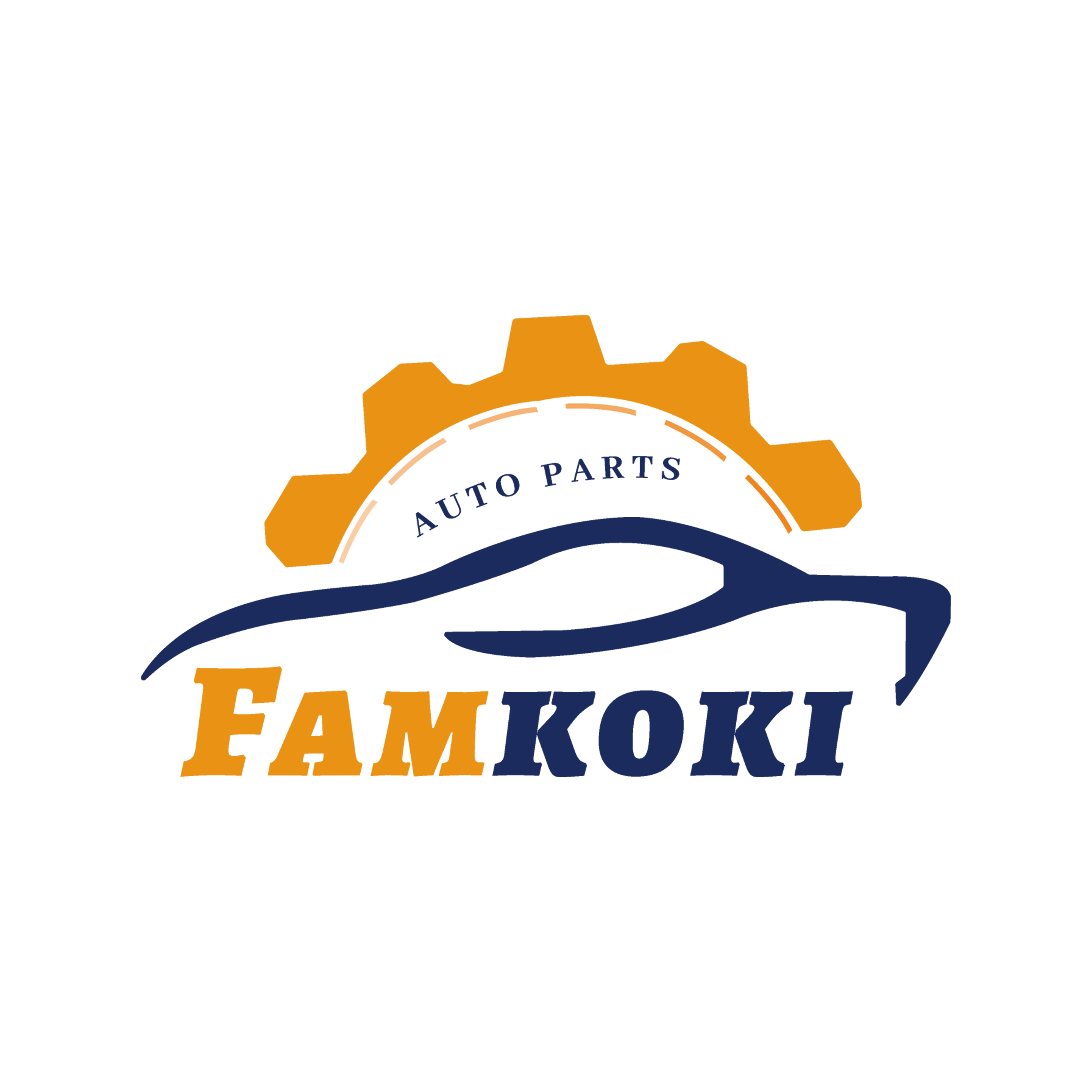Материалы в комплектующих сцепления напрямую влияют на то, как работает ваш автомобиль. Они определяют крутящий момент, долговечность и термостойкость. Каждый материал по-разному реагирует на тепло и трение. Выбор правильного материала обеспечивает плавную работу вашего автомобиля в различных условиях. Понимание этих материалов помогает вам принимать обоснованные решения для улучшения производительности и долговечности.
Роль комплектующих сцепления в производительности автомобиля
Функция комплектующих сцепления в трансмиссионной системе
Комплектующие сцепления играют критическую роль в трансмиссионной системе вашего автомобиля. Они соединяют и разъединяют двигатель с трансмиссией, позволяя вам плавно переключать передачи. Когда вы нажимаете на педаль сцепления, сцепление разъединяется, прерывая поток мощности к колесам. Этот процесс предотвращает повреждение трансмиссии и обеспечивает точные переключения передач. Без правильно функционирующего комплекта сцепления вашему автомобилю было бы трудно эффективно передавать мощность, что привело бы к плохой производительности и потенциальным механическим проблемам.
Важность термостойкости в работе сцепления
Термостойкость имеет решающее значение для комплектов сцепления, поскольку они подвергаются постоянному трению во время работы. Каждый раз, когда вы включаете или выключаете сцепление, тепло накапливается из-за контакта между диском сцепления и маховиком. Если материал не может выдерживать высокие температуры, он может быстро износиться или потерять способность эффективно сцепляться. Термостойкие материалы обеспечивают стабильную работу даже в сложных условиях, таких как пробки или буксировка тяжелых грузов.
Условия вождения, которые ставят под угрозу комплекты сцепления
Определенные условия вождения создают дополнительную нагрузку на комплекты сцепления. Например, частые переключения передач в городском движении могут вызвать чрезмерный износ. Внедорожная езда или буксировка тяжелых прицепов увеличивают нагрузку, требуя от сцепления обработки более высоких крутящих моментов. Агрессивные стили вождения, такие как резкое ускорение или торможение двигателем, также увеличивают тепло и трение.
Типы материалов, используемых в комплектах сцепления
Органические материалы: Плавное сцепление и умеренная теплопроводность
Органические материалы являются одними из самых распространенных выборов для комплектов сцепления. Эти материалы обычно состоят из смеси смолы, резины и волокон. Они обеспечивают плавное сцепление, что делает их идеальными для повседневной езды. Вы заметите их производительность в условиях частых остановок и стартов или во время спокойной езды по шоссе. Органические материалы также предлагают умеренную теплопроводность, что хорошо подходит для стандартных автомобилей. Однако они изнашиваются быстрее в условиях высокой нагрузки, таких как буксировка или агрессивная езда. Если вы придаете значение комфорту и доступности, органические комплекты сцепления являются надежным вариантом.
Металлические материалы: Высокая прочность и теплопроводность
Металлические материалы обеспечивают исключительную прочность и теплопроводность. Эти комплекты сцепления часто используют стальные или медные соединения, которые выдерживают экстремальные температуры и тяжелые нагрузки. Вы найдете их в автомобилях, предназначенных для буксировки, гонок или внедорожных приключений. Металлические материалы лучше сопротивляются износу, чем органические, что обеспечивает более длительный срок службы. Однако они могут ощущаться менее плавными при включении, что может не подойти всем водителям. Если для вас важны долговечность и производительность под давлением, стоит рассмотреть металлические комплекты сцепления.
Кевлар: Улучшенная долговечность и фрикционные свойства
Кевлар - это синтетический материал, известный своей прочностью. Комплекты сцепления, изготовленные из кевлара, предлагают отличную долговечность и фрикционные свойства. Они выдерживают высокие температуры и устойчивы к износу, даже в сложных условиях. Вы оцените их плавное включение и долгий срок службы, особенно если вы водите в сложных условиях. Комплекты сцепления из кевлара стоят дороже, чем органические, но их производительность оправдывает инвестиции.
Углерод и керамика: высокопроизводительные и термостойкие варианты
Углеродные и керамические материалы представляют собой вершину производительности комплектов сцепления. Эти материалы превосходят в термостойкости и способности к передаче крутящего момента. Вы часто увидите их в высокопроизводительных или гоночных автомобилях. Углеродные комплекты сцепления обеспечивают плавное включение, в то время как керамические сосредоточены на максимальной прочности. Оба материала устойчивы к износу в экстремальных условиях, что делает их идеальными для агрессивных стилей вождения. Однако они могут ощущаться более жесткими при включении и имеют более высокую цену. Если вы требуете первоклассной производительности, углеродные и керамические комплекты сцепления не разочаруют.
Как материалы комплектов сцепления влияют на производительность
Вместимость крутящего момента и прочность материала
Материал в вашем комплекте сцепления напрямую влияет на его крутящий момент. Более прочные материалы, такие как металлические или керамические, выдерживают высокие нагрузки момента без проскальзывания. Это делает их идеальными для высокопроизводительных автомобилей или тяжелых условий эксплуатации. Органические материалы, хотя и более мягкие, могут испытывать трудности при экстремальных нагрузках момента. Если вы водите автомобиль, который часто буксирует или быстро разгоняется, вам нужен комплект сцепления с материалами, предназначенными для прочности.
Отвод тепла и термическая стабильность
Тепло накапливается в вашей системе сцепления во время работы. Материалы с хорошим отводом тепла, такие как углеродные или металлические соединения, предотвращают перегрев. Это позволяет вашему комплекту сцепления работать надежно, даже в сложных условиях. Плохая термостойкость может привести к выгоранию или поломке, особенно во время агрессивной езды. Вам следует отдать предпочтение материалам с высокой термической стабильностью, если вы часто ездите в условиях частых остановок или на крутых склонах.
Долговечность и износостойкость
Прочность зависит от того, насколько хорошо материал сопротивляется износу со временем. Материалы из кевлара и металла превосходят в этой области, обеспечивая длительную производительность. Органические материалы, хотя и дешевые, быстрее изнашиваются при интенсивном использовании. Если вы хотите, чтобы комплект сцепления служил долго, сосредоточьтесь на материалах с доказанной стойкостью к износу.
Материалы комплектов сцепления значительно влияют на производительность вашего автомобиля, долговечность и стойкость к нагреву. Вы должны выбирать материалы в зависимости от вашего стиля вождения, типа автомобиля и бюджета. Приоритизация правильного материала обеспечивает оптимальную производительность и долговечность. Независимо от того, нужно ли вам плавное включение или высокая крутящая способность, комплекты сцепления, адаптированные к вашим потребностям, обеспечат наилучшие результаты.
 EN
EN
 AR
AR
 FR
FR
 KO
KO
 PT
PT
 RU
RU
 ES
ES


